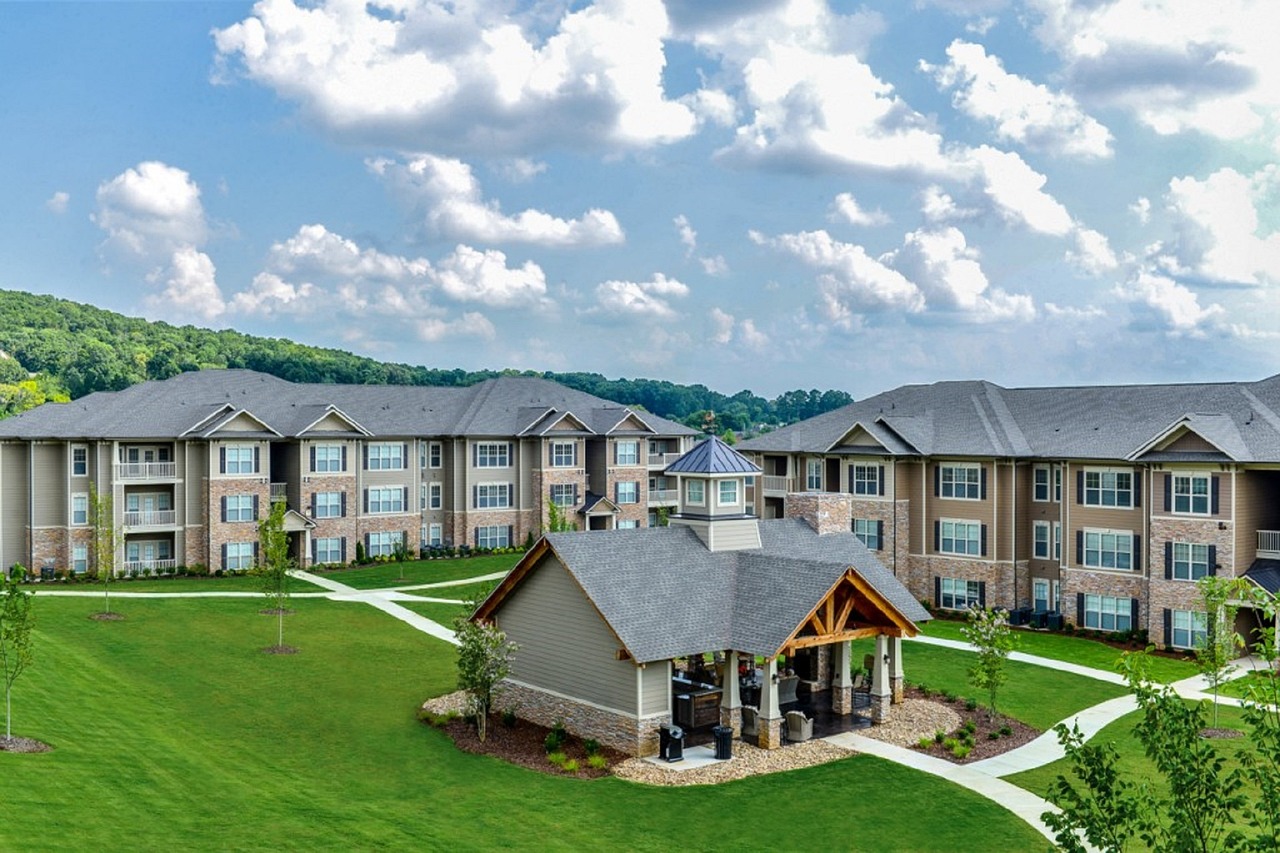Renting vs. Buying: Which Option is Right for You?
Deciding whether to rent or buy a home is one of the biggest financial decisions you’ll make. While buying a home can provide stability and long-term investment, renting offers flexibility. In this blog post, we’ll break down the pros and cons of each option to help you make an informed decision.
The Pros of Renting a Home:
- Flexibility Renting allows you to move more easily if your job, lifestyle, or personal situation changes. Whether you’re relocating for work, seeking a change of scenery, or unsure of your long-term plans, renting offers you the freedom to leave without the responsibilities of selling a home.
- Lower Upfront Costs When renting, you typically only need to pay a deposit and the first month’s rent. There are no hefty down payments or closing costs to worry about. This can be ideal for someone saving up for future purchases or if your financial situation is still in flux.
- No Maintenance Costs As a renter, you’re not responsible for major home repairs or maintenance. If something breaks, it’s the landlord’s responsibility to fix it. This can save you both time and money, especially for costly repairs like plumbing issues, roof repairs, or appliance breakdowns.
- No Market Risk Renting means you’re not subject to market fluctuations. If the housing market takes a downturn, you’re not stuck with a depreciating asset. Renters also avoid the stress of trying to sell their home if they need to relocate.
The Pros of Buying a Home:
- Building Equity When you buy a home, your monthly payments go towards owning the property, allowing you to build equity over time. Unlike rent, which goes to your landlord, mortgage payments contribute to owning your home. This can be a powerful way to build wealth over the long term.
- Predictable Monthly Payments With a fixed-rate mortgage, your monthly payment remains the same, making it easier to budget. In contrast, rent can increase year after year, making it harder to predict your future housing costs. Buying offers more stability in terms of payments and long-term financial planning.
- Freedom to Personalize Your Space Homeownership gives you the freedom to customize and renovate your space. Want to paint the walls, update the kitchen, or add a backyard garden? When you’re a homeowner, you have the freedom to make changes without seeking approval from a landlord.
- Potential for Appreciation Homes often appreciate in value over time, especially in desirable neighborhoods or growing markets. Buying a home allows you to invest in property, which can appreciate and result in a significant profit when you sell, assuming the market conditions are favorable.
Cons of Renting:
- No Equity Building While renting offers flexibility, it doesn’t help you build wealth. Your rent payments are simply expenses without returning anything in terms of ownership or equity.
- Limited Control As a renter, you don’t have control over decisions like major repairs, maintenance, or upgrades. Additionally, landlords can increase rent, sell the property, or make other changes that might not suit your needs.
- Restrictions Many rental properties come with restrictions, such as no pets, no renovations, or limitations on how you can personalize your space. If you want a home that you can fully customize, renting might feel limiting.
Cons of Buying:
- Upfront Costs Buying a home comes with significant upfront costs, including the down payment, closing costs, and moving expenses. Depending on your down payment size, these costs can be substantial and may take time to save for.
- Ongoing Maintenance and Repairs As a homeowner, you’re responsible for maintaining and repairing your property. This includes everything from lawn care to fixing leaks, which can be both time-consuming and costly.
- Market Risk The housing market can fluctuate, and property values might not increase as expected. If you need to sell during a downturn, you may have to sell at a loss or struggle to find a buyer.
- Commitment Homeownership is a long-term commitment. Selling a home can take time, and the process of moving and finding a new place may involve added stress and costs. This lack of flexibility makes homeownership less ideal for those who prefer mobility.
So, Which Option is Right for You?
Choosing between renting and buying ultimately comes down to your personal circumstances, financial situation, and long-term goals. Here are a few key considerations:
- Renting may be the best choice if you’re in a transient phase of life, unsure about your long-term plans, or not yet ready for the financial commitment of homeownership.
- Buying may be right for you if you plan to stay in one place for several years, are ready to build equity, and can afford the upfront costs of purchasing a home.
If you’re still unsure, take time to evaluate your finances, consider your future goals, and consult with a trusted real estate professional to explore your options. Whether you choose to rent or buy, the most important thing is to make a decision that aligns with your current and future needs.

 Facebook
Facebook
 X
X
 Pinterest
Pinterest
 Copy Link
Copy Link


